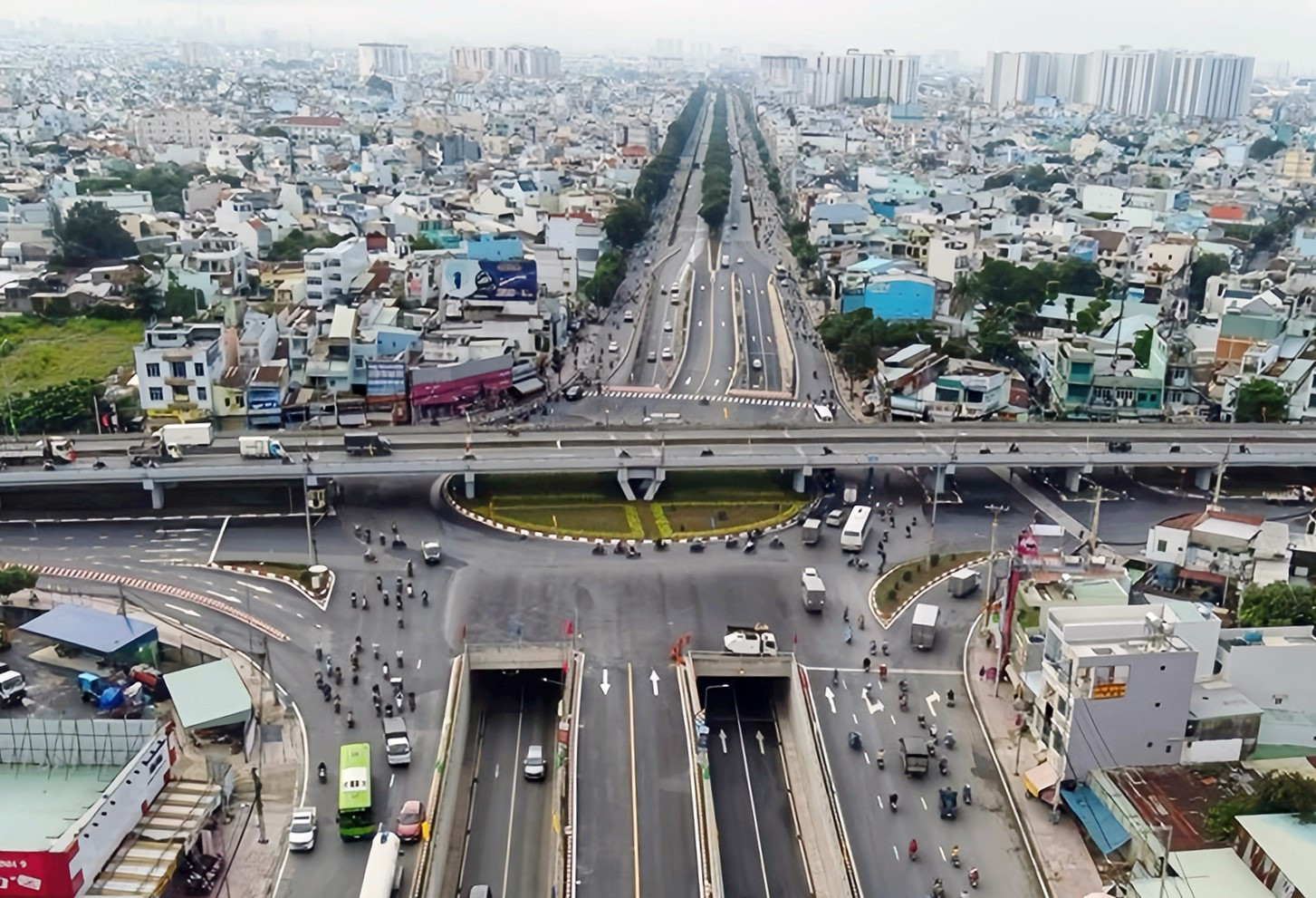With an investment of over VND 19.6 trillion, the expressway will span more than 51 kilometers, connecting Ho Chi Minh City with Tay Ninh Province. The project is expected to be developed under a public-private partnership model, offering significant economic and social benefits to the region.

On August 2, the Prime Minister approved the investment policy for the construction of the Ho Chi Minh City - Moc Bai Expressway (Phase 1) under a public-private partnership (PPP) model and a build-operate-transfer (BOT) contract.
The expressway will have a total length of approximately 51 kilometers, passing through Ho Chi Minh City and Tay Ninh Province. The starting point connects with the Ring Road 3 in Ho Chi Minh City's Cu Chi District, while the endpoint intersects with National Highway 22 in Ben Cau District, Tay Ninh Province.
Designed for a speed of 120 km/h, the expressway will feature four lanes. It will also include various structures, intelligent transportation systems, and toll collection systems to ensure efficiency and compliance with current standards.
The investment preparation and implementation are expected to take place from late 2024 to 2027.
The total investment for the project is estimated at over VND 19.6 trillion (approximately $830 million). Of this, investor and PPP project company contributions are around VND 9.943 trillion, while the state's contribution is approximately VND 9.674 trillion (including VND 2.872 trillion from the central government budget and VND 6.802 trillion from the Ho Chi Minh City budget).
Once completed, the Ho Chi Minh City - Moc Bai Expressway is expected to meet transportation demands, alleviate traffic congestion, and ensure safety on National Highway 22.
This expressway will facilitate the efficient use of large-capacity ring roads such as Ring Road 3 and Ring Road 4 in Ho Chi Minh City. It will ensure high-speed and safe transportation along the Ho Chi Minh City - Tay Ninh corridor, fostering the development of industrial-urban chains (Moc Bai - Ho Chi Minh City - Cai Mep - Thi Vai Port) linked to the Trans-Asia Economic Corridor, thereby promoting economic and social development in the Southeast region.
Tuan Kiet